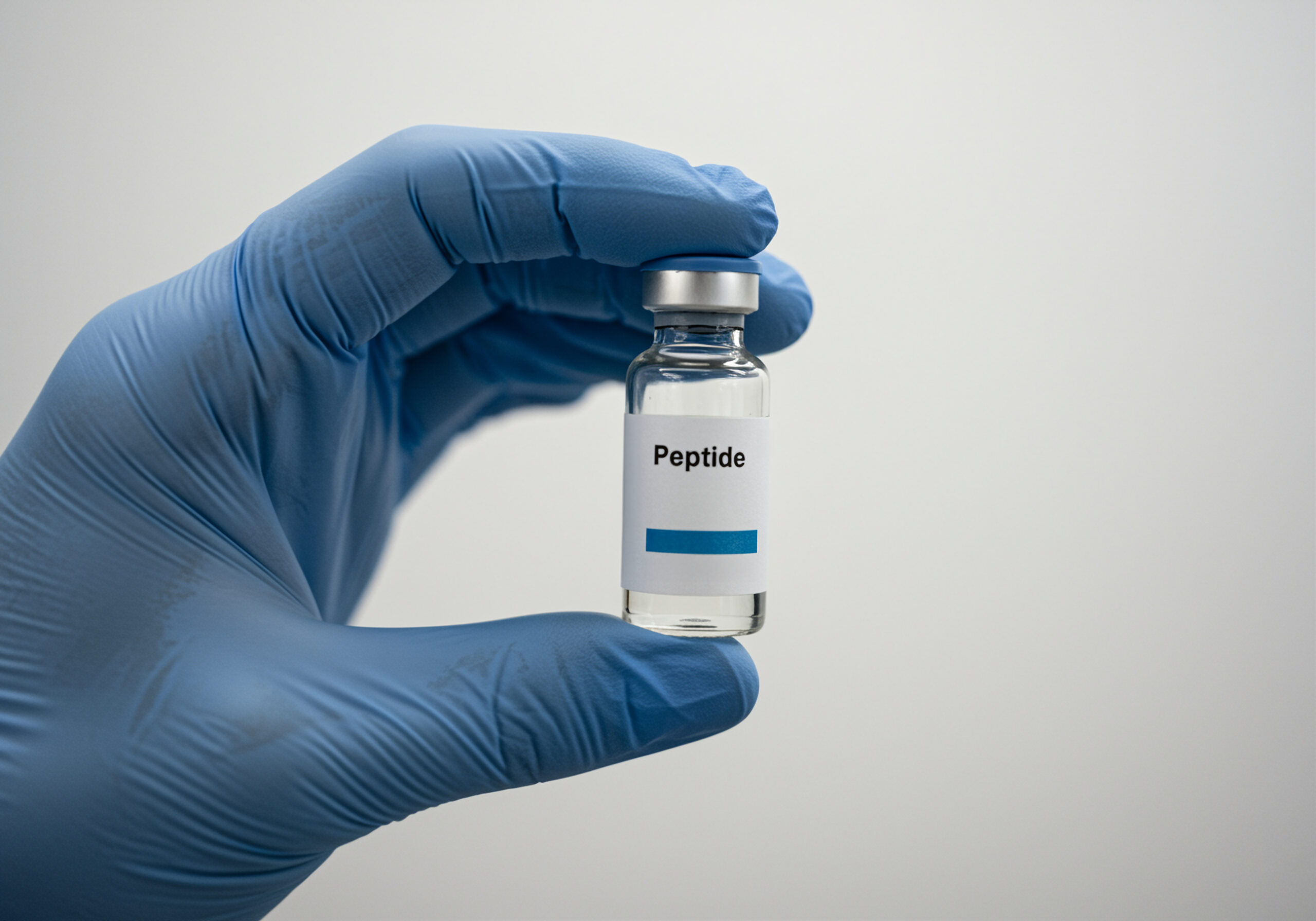
Antimicrobial Peptide Drugs highlights one of the most exciting areas in modern medicine—tiny proteins with enormous potential. These naturally inspired compounds are designed to tackle some of the toughest infections while still aligning with an integrative model of care. At Avena Natural Health, the goal is always balance: using advanced science without losing sight of whole-body wellness.
What Are Antimicrobial Peptide Drugs?
Antimicrobial peptides, or AMPs, are short chains of amino acids that act as part of the body’s innate immune system. They excel at recognizing harmful microbes, puncturing bacterial membranes, and sometimes even calming inflammatory responses. Unlike traditional antibiotics that often target one specific bacterial pathway, peptides tend to work in ways that are harder for bacteria to resist. This makes them invaluable for the growing challenge of antibiotic resistance. They are flexible, adaptable, and in many ways mirror what nature has been using for millions of years.
Understanding Antimicrobial Peptide Therapy
When discussing antimicrobial peptide therapy, we’re referring to the use of these peptides in a therapeutic setting—delivered in precise ways to help combat infections that conventional antibiotics may not resolve. Because they attack microbial structures directly, they create fewer opportunities for resistance. Beyond infection control, some peptides also show anti-inflammatory and immune-supportive qualities, which makes them a fascinating option in integrative care.
Spotlight on Daptomycin and Colistin
Two peptide-based drugs stand out in current clinical use: daptomycin and colistin. Daptomycin, a lipopeptide, is especially effective against Gram-positive bacteria, including resistant strains like MRSA. It works by inserting itself into bacterial membranes, causing a chain reaction that ultimately destroys the microbe. Colistin, on the other hand, is one of the few effective options for certain Gram-negative infections. It binds to the outer membrane of the bacteria and destabilizes it, leading to cell death.
Both treatments are powerful, but they are generally reserved for serious, resistant infections. They are not first-line therapies, and because of their potential side effects, they require careful oversight from healthcare providers who understand their strengths and limitations.
How Antimicrobial Peptide Therapy Integrates With Natural Health
At Avena Natural Health, antimicrobial peptide therapy is viewed as one component of a broader care model. The approach is never to use advanced science in isolation, but rather to weave it into a patient-centered plan. Alongside peptide-based treatments, naturopathic consultations offer support for immune resilience, digestive function, and detoxification pathways. The body is seen as more than its infection—it’s a system that thrives when multiple aspects of health are supported.
In some cases, therapy may be paired with IV therapy, which provides hydration, essential nutrients, and antioxidants to give the body what it needs to recover fully. This combination allows the antimicrobial peptides to do their precise work while natural medicine helps sustain overall health.

Peptides in the Future of Integrative Care
Peptide research is moving quickly, and the future looks promising. Scientists are working to develop peptides that are more stable in the body, less likely to cause side effects, and more effective against resistant organisms. There is even exploration into combining peptides for enhanced results, targeting not just bacteria but also biofilms that make infections especially persistent.
In cities known for innovation, such as those offering advanced peptide therapy in San Diego, integrative practices are beginning to incorporate these therapies more widely. This reflects the growing recognition that antimicrobial peptides aren’t just pharmaceuticals of last resort—they are part of a new era in targeted, biologically inspired medicine.
Why This Matters at Avena Natural Health
At Avena Natural Health, the commitment has always been to blend the best of natural wisdom with the best of modern science. Incorporating options like advanced peptide treatment allows for care that’s both progressive and grounded. For patients facing infections that don’t respond to standard care, peptides represent a path forward—one that respects the individual while making use of the most effective tools available.
If you’re curious about how antimicrobial peptide therapy may fit into your care plan, the first step is a conversation. At Avena Natural Health, every treatment is designed around the individual, ensuring that advanced science and natural care work together. Reach out to schedule a consultation and discover whether this therapy is the right step for your health journey.
Media Credit: All photos licensed from Adobe.
Frequently Asked Questions
What types of infections might benefit from antimicrobial peptide therapy?
These treatments are most often used in cases of resistant infections, where traditional antibiotics are less effective. Daptomycin and colistin are examples used in serious Gram-positive and Gram-negative infections.
Are there risks or side effects?
Yes. Like any advanced medical treatment, antimicrobial peptide drugs can have side effects. That’s why they require careful medical supervision and integrative support.
How do these therapies fit into natural health?
They are one piece of a larger approach. Peptides address microbes directly, while naturopathic care works to strengthen immunity, optimize gut function, and support overall wellness.
Is this a long-term strategy or only for urgent cases?
Currently, these drugs are reserved for severe or resistant infections. However, research is expanding, and their future use may become broader as safer formulations emerge.

Dr. Laura Kostrzewski, a San Diego native, completed her undergraduate degree at California Polytechnic State University, earning a BS in animal science with minors in Spanish and Psychology. She then earned her Multiple Subject Teaching Credential and taught fifth grade in the central coast of California for two years. After being extremely involved in her grandfather’s journey with Parkinson’s disease and end-of-life care, Dr. Kostrzewski decided to move back to San Diego and enroll at Bastyr University California. Dr. Kostrzewski received her doctorate in Naturopathic Medicine from Bastyr University California in June of 2019, and then went on to complete her residency at Bastyr. Before AVENA Wellness, DR. K started her own private practice, focusing on management of neurodegenerative conditions, and continued teaching at Bastyr as adjunct faculty, until founding Avena Health.







